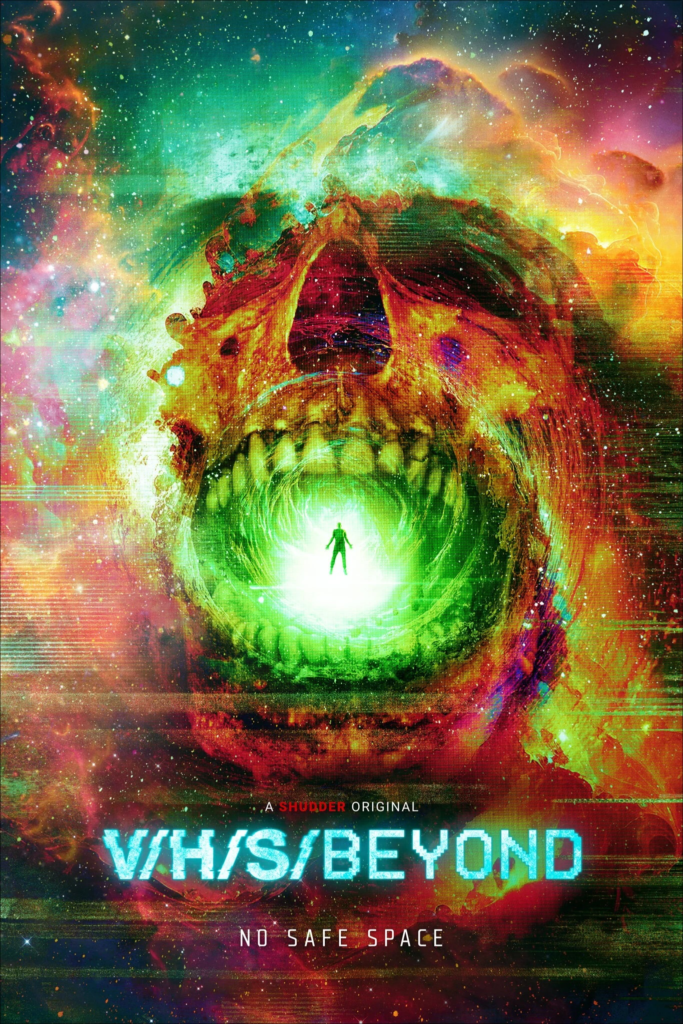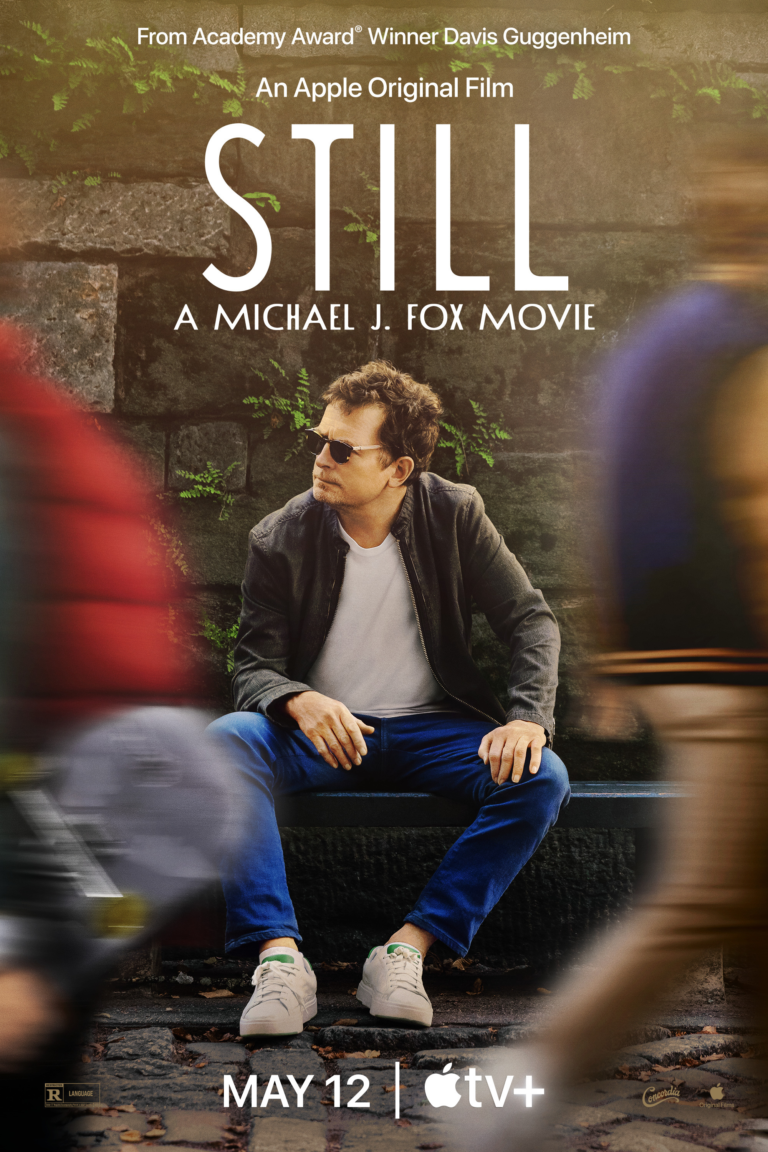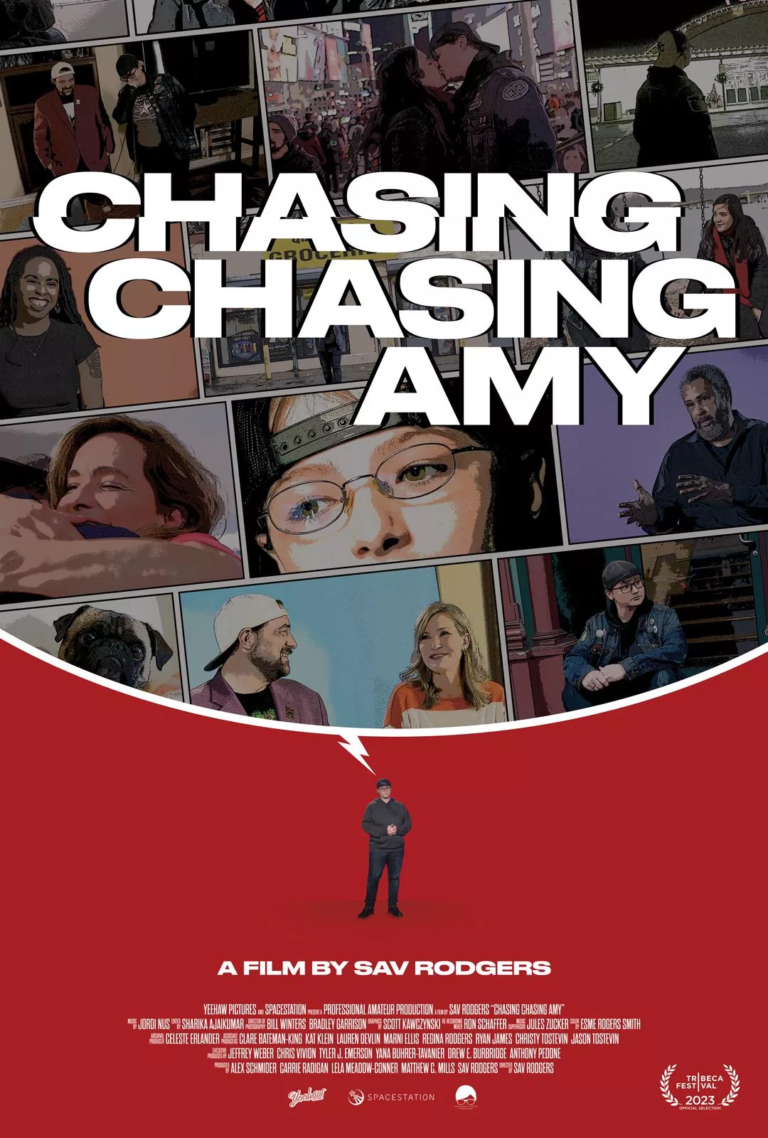V/H/S/Beyond Christian Review

Horror is one of those genres that draws people in like a moth to a flame. It’s got that hypnotic pull, a temptation to peek behind the curtain at what shouldn’t be seen. But as Christians, we have to be extra mindful of what we let entertain us, knowing it shapes our worldview whether we realize it or not. So when a movie like V/H/S/Beyond comes along—a new addition to a franchise known for pushing the boundaries of the bizarre and grotesque—it’s worth asking, “Is this a good use of our time?” This film presents a chilling anthology that, while stylistically impressive in parts, raises more red flags than it does moments of genuine thought.
An Anthology that’s Meant to Unsettle
If you’ve never ventured into the V/H/S series before, think of it as a collection of horror stories wrapped up in the aesthetic of found footage, usually viewed through the lens of a fictional camera recording the most unexplainable horrors. There’s a distinct ’90s camcorder vibe in every segment, complete with grainy shots and glitching screens that add to the authenticity and eeriness. That style remains in V/H/S/Beyond, but this time, there’s a deeper, more sinister theme threading through the various tales: things lurking just beyond our comprehension.
Each segment, from “Stork” to “Live and Let Dive” to “Stowaway,” takes on a different concept of the unknown—be it the supernatural, the occult, or simply the dark corners of the human psyche. What makes it stand out compared to its predecessors is its tighter structure. The film doesn’t feel like a random assortment of scares stitched together. Instead, each piece seems to contribute to a cohesive nightmare. But that unity, that polished finish, is where things start to feel unsettling from a spiritual standpoint. It’s like the filmmakers have perfected a formula for invoking fear, making it all the more potent and impactful.
The Thrill of the Unexplained
Now, as far as horror goes, V/H/S/Beyond is effective. It delivers on the expectations of the genre—creepy atmosphere, sudden frights, and an ever-present sense of dread. If you’re looking at it strictly as a fan of the genre, there’s a lot to appreciate. The segments are inventive, and the scenarios are unique enough to keep even seasoned horror buffs on edge. “Stork,” in particular, combines elements of body horror and folklore in a way that’s both grotesque and fascinating. But herein lies a problem for Christian audiences: the film doesn’t just aim to scare—it aims to mesmerize with its darkness.
Let’s unpack that a little. Horror can serve a purpose. It can be a cautionary tale, a way to face our fears, or even a spiritual metaphor for the battle between good and evil. But V/H/S/Beyond isn’t interested in metaphor or deeper meaning. It’s more like a fever dream that exists purely to disturb and unsettle, reveling in its own bleak atmosphere. As a result, it lacks a sense of resolution or hope—there’s no light at the end of this tunnel, only more shadows. So, what’s left for the audience when the credits roll? A lingering feeling of dread, and perhaps, an unspoken question: “Why did I watch that?”
Theological Considerations: Where’s the Line?
When engaging with horror, one of the first questions we need to ask is, “Does this lead me closer to understanding the reality of good and evil, or does it just blur the lines?” For V/H/S/Beyond, the answer is murky. The film taps into deeply unsettling ideas—demonic presence, paranormal forces, and human cruelty—all without any moral compass to navigate by. It portrays the world as chaotic and hopeless, where evil reigns unchecked, and horror is simply an inevitable part of existence.
Take, for example, the segment “Live and Let Dive.” It’s visually stunning and cleverly executed, no doubt, but it glorifies a kind of nihilistic despair that’s hard to shake off. The horror in this segment isn’t just about external monsters; it’s about the inner collapse of hope and sanity. That’s the crux of what makes this film spiritually dangerous: it presents a universe devoid of redemption, where evil doesn’t just exist—it thrives. And as Christians, we know that’s not the true picture. Yes, evil is real, and it’s terrifying, but it doesn’t get the final say.
Another red flag? The overt focus on the occult and supernatural. These aren’t just set dressing for a spooky mood; they’re front and center, making you grapple with demonic entities and cursed rituals that are more than just fictional constructs. For some, this can be a stumbling block. You’re not just watching a scary movie—you’re inviting these themes into your mind and heart. And if you’re not careful, they can take root, making it harder to view the world through a Christ-centered lens.
Art or Exploitation?
So, what’s the value of V/H/S/Beyond? Is it just a high-budget scare fest, or does it offer something deeper? The film walks a fine line between art and exploitation. There’s undeniable talent behind the camera, and the storytelling is slick and well-executed. But it’s a type of art that feeds on fear and shock, not on reflection or insight. It’s like standing in front of a beautifully painted portrait of a nightmare—appreciating the skill that went into it, but ultimately wondering, “What good does this do me?”
I’m not saying all horror is bad. There’s a place for stories that explore the darkness, as long as they point toward some kind of truth. But V/H/S/Beyond doesn’t offer that. It’s like staring into a void, and the void staring back with a smile that says, “I’m just getting started.”
Final Verdict: Weighed and Found Wanting
So, where does that leave us? V/H/S/Beyond is a well-crafted horror anthology, but it’s not one I can recommend to Christians. The film is too enmeshed in its own darkness, too comfortable wallowing in themes that offer no redemption, no hope, and no clarity. If you’re a horror fan, you might find it visually arresting and thematically intriguing. But spiritually, it’s a minefield—one misstep, and you could end up with more than just a sleepless night.
Ultimately, my rating for V/H/S/Beyond is a 4 out of 10. That score reflects the technical merits of the film, as well as its ability to evoke a visceral response. But it’s also a caution. Horror doesn’t have to be hopeless, and it doesn’t have to glorify evil to be effective. As Christians, we’re called to guard our hearts and minds, to seek out what is pure and uplifting. And V/H/S/Beyond, for all its stylistic prowess, just doesn’t fit the bill. It’s a window into a world without light—and that’s not a place worth dwelling.






